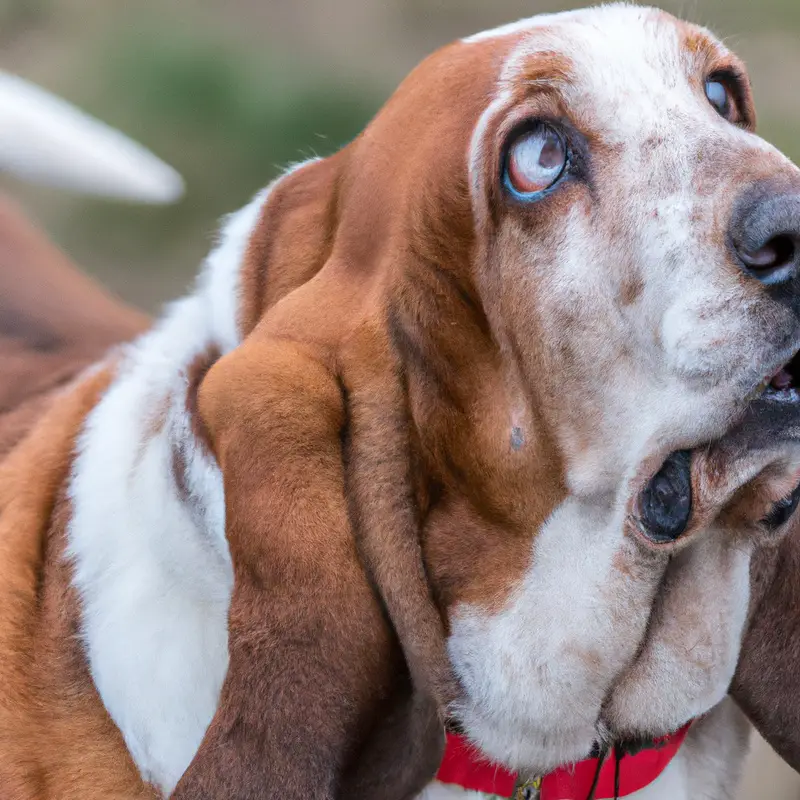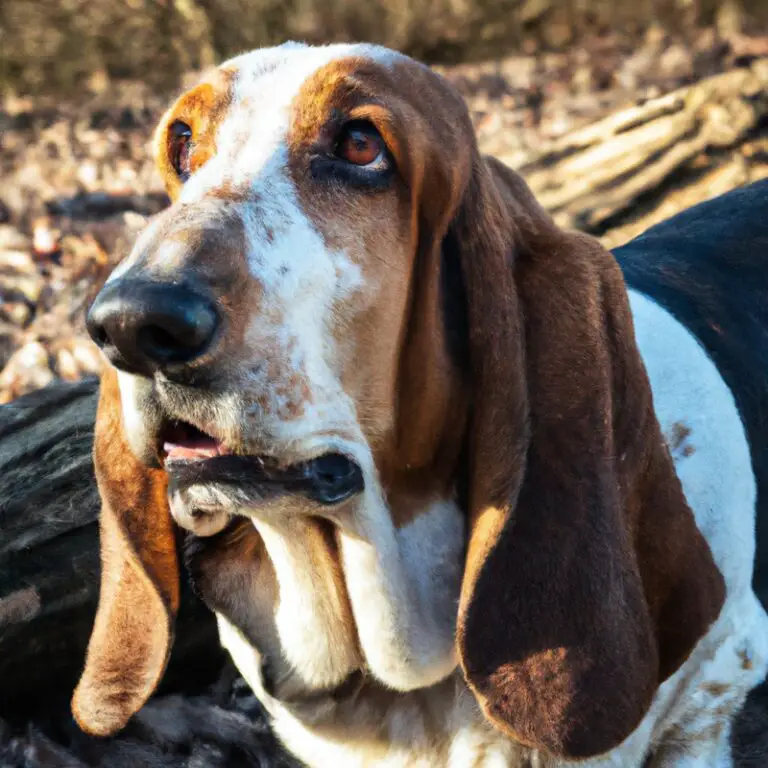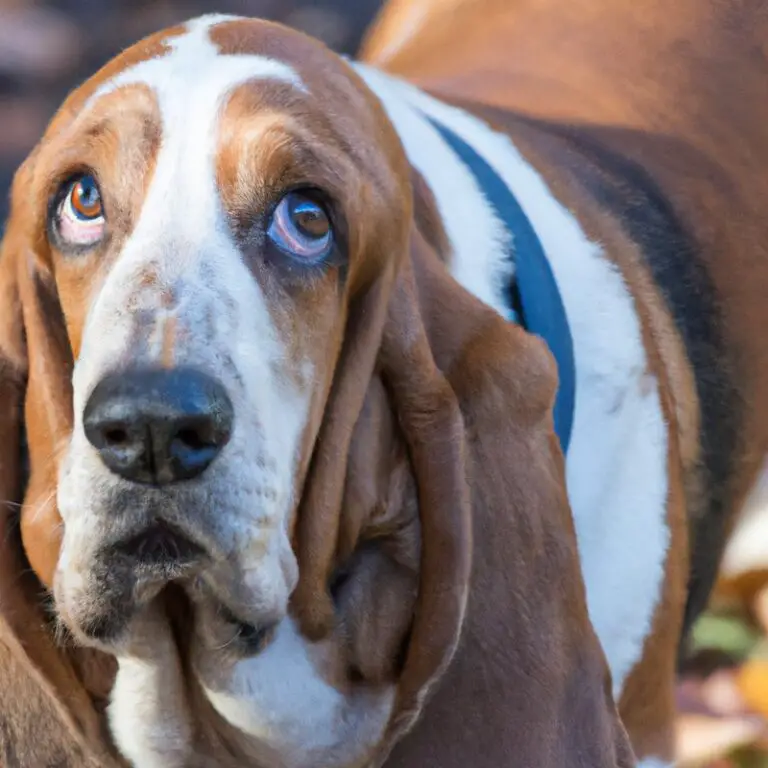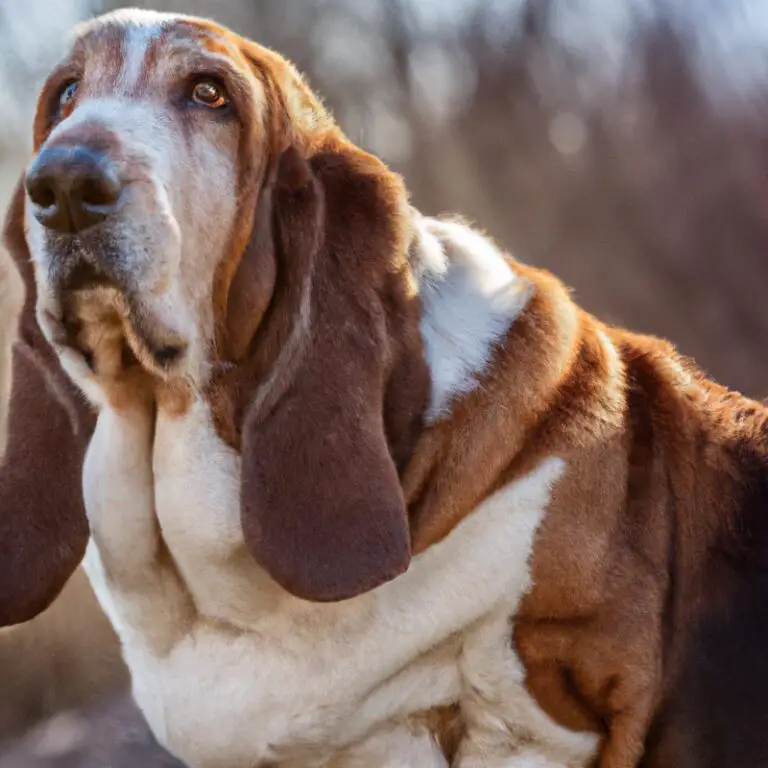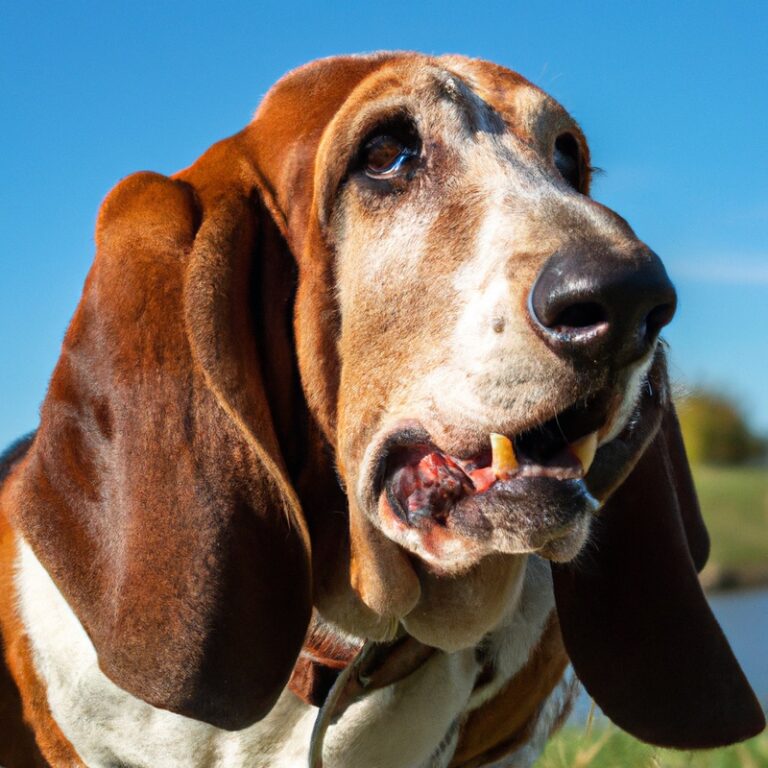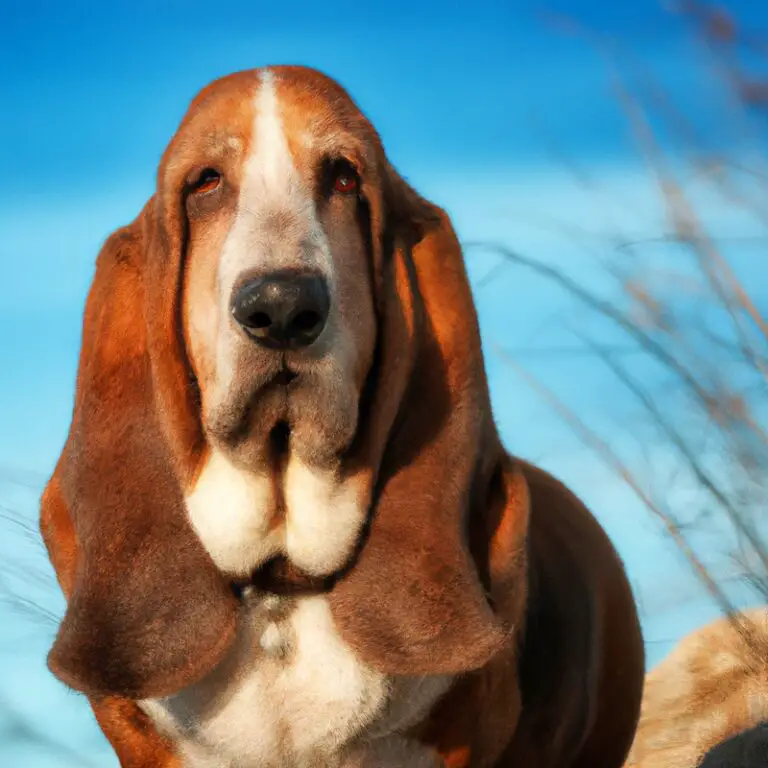How Do Basset Hounds Behave Around Unfamiliar Amphibians?
Key Takeaways:
- Basset Hounds may display curiosity towards unfamiliar amphibians.
- They may approach these creatures cautiously.
- It is important to monitor their interactions with amphibians to ensure their safety.
- Training and socialization can help Basset Hounds develop positive behavior around unfamiliar amphibians.
Have you ever wondered how your Basset Hound would react when encountering a curious amphibian?
As a dog lover and experienced animal behavior enthusiast, I can assure you that understanding the behavior of these lovable hounds around unfamiliar amphibians is key to ensuring their safety and well-being.
Basset Hounds are known for their scent-driven nature and curious personalities, which can greatly influence their behavior towards amphibians.
In this article, I will delve into the characteristics of Basset Hounds, provide background information on amphibians, and offer tips on how to manage their behavior around these fascinating creatures.
So, let’s dive into the world of Basset Hounds and discover how they interact with unfamiliar amphibians!
| Behavior | Description |
| Curiosity | Basset Hounds may show curiosity when encountering unfamiliar amphibians. They might approach cautiously and investigate them through sniffing or gentle nudging. |
| Calmness | These dogs typically display a calm demeanor when encountering unfamiliar amphibians. They are not typically aggressive or overly reactive towards them. |
| Gentleness | Basset Hounds are generally gentle when interacting with unfamiliar amphibians. They may approach them with a gentle and non-threatening demeanor. |
| Non-aggression | Basset Hounds are generally non-aggressive towards unfamiliar amphibians. They are unlikely to attack or harm them. |
| Lack of prey drive | Unlike some other dog breeds, Basset Hounds usually do not display a strong prey drive towards unfamiliar amphibians. They are less likely to chase or attempt to catch them. |
Basset Hounds: An Introduction
Characteristics of Basset Hounds
Basset Hounds have distinct characteristics that make them unique and lovable pets.
First, they are known for their long ears and droopy eyes, which give them an adorable appearance.
Second, their sense of smell is highly developed, making them great at tracking scents.
Third, Basset Hounds have a calm and friendly demeanor, making them excellent family dogs.
Additionally, they have a tendency to be stubborn at times, but they are intelligent and respond well to positive reinforcement training.
Overall, Basset Hounds are charming and loyal companions.
Background on Amphibians
Amphibians are a diverse group of animals that include frogs, toads, salamanders, and newts. They are characterized by their ability to live both in water and on land.
Amphibians have unique features such as soft, moist skin and the ability to lay eggs in water.
They undergo a metamorphosis, transitioning from aquatic larvae to terrestrial adults. These fascinating creatures play important roles in ecosystems as both predators and prey.
It is important to understand their behavior and habitat to ensure the well-being of both amphibians and our Basset Hound companions.
Behavior of Basset Hounds Towards Unfamiliar Amphibians
Basset Hound’s Scent-driven Nature
Basset Hounds are known for their scent-driven nature. Their incredible sense of smell is one of their defining characteristics.
These dogs have a highly developed olfactory system, allowing them to pick up on scents that are undetectable to us humans.
When it comes to unfamiliar amphibians, Basset Hounds may exhibit a keen interest due to their curiosity and their instinctual urge to track scents. It’s important to understand this aspect of their nature and provide appropriate training and supervision when introducing them to new amphibian encounters.
Curiosity and Reaction to Amphibians
Basset Hounds are known for their keen sense of smell and curiosity. When it comes to unfamiliar amphibians, these dogs often approach them with curiosity.
They may sniff, paw, or even try to play with them.
However, their reaction can vary depending on the individual dog and their previous experiences. Some Basset Hounds may show fear or aggression towards amphibians, while others may show indifference or even friendliness.
It’s important to observe your dog’s behavior and ensure their safety when encountering unfamiliar amphibians.
Key Factors Influencing Basset Hound’s Behavior
Natural Instincts and Hunting Behaviors
Basset Hounds have natural instincts and hunting behaviors that can influence their behavior around unfamiliar amphibians. These dogs have an exceptional sense of smell and are known for their tracking abilities.
When it comes to hunting, they have a tendency to follow scents, which means they might show interest in amphibians they come across.
The scent-driven nature of Basset Hounds can make them curious about amphibians, and they may exhibit behaviors such as sniffing, tracking, or even attempting to chase them. It’s important to understand and manage these instincts when introducing Basset Hounds to unfamiliar amphibians.
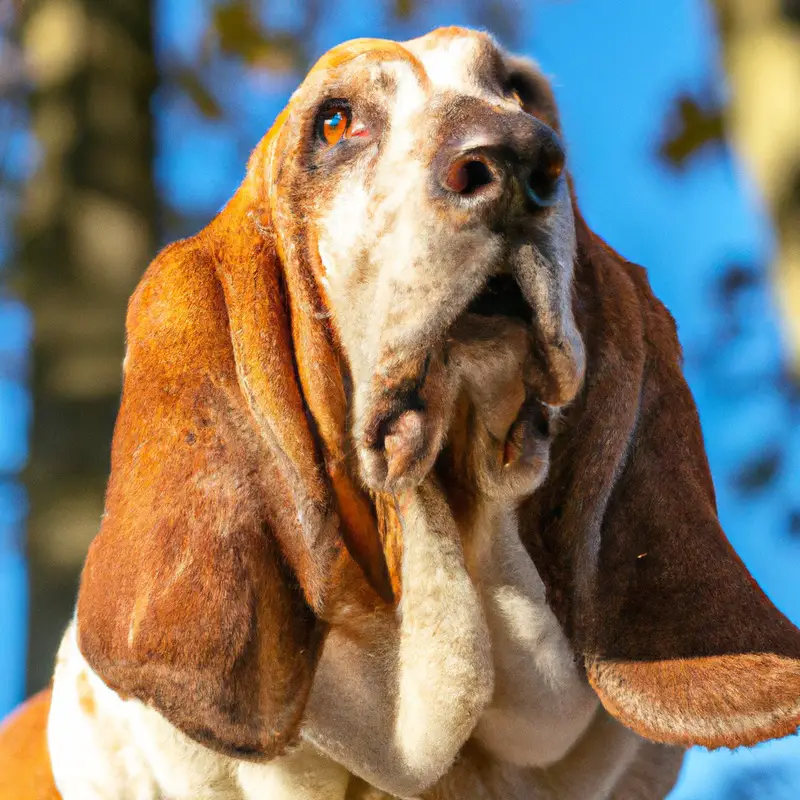
Previous Experiences and Socialization
Previous experiences and socialization play a significant role in shaping a Basset Hound’s behavior around unfamiliar amphibians. If a Basset Hound has had positive encounters with amphibians in the past, they are more likely to behave calmly and non-threateningly towards them.
On the other hand, negative experiences or lack of exposure can lead to fear or aggression.
Socializing your Basset Hound from an early age, introducing them to a variety of animals, including amphibians, can help them develop positive associations and reduce any potential negative reactions. It’s important to remember that each dog is unique, so gradual exposure and positive reinforcement are key.
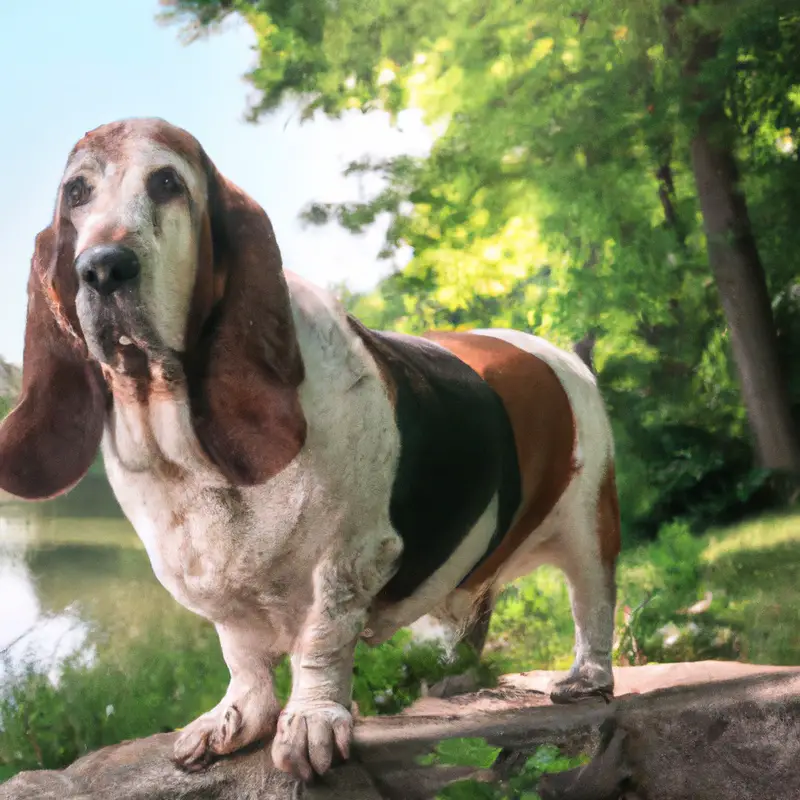
Tips for Managing Basset Hound’s Behavior around Amphibians
Training and Reinforcement
Training and reinforcement are essential in managing a Basset Hound’s behavior around unfamiliar amphibians.
Consistency is key, as they respond well to positive reinforcement techniques such as treats, praise, and play.
Use commands like “leave it” or “stay” to redirect their attention away from the amphibians.
It’s important to gradually introduce them to amphibians in controlled environments, rewarding them for calm behavior.
Supervision is crucial to ensure their safety and prevent any negative reactions.
Seek professional help if needed from a veterinarian or animal behaviorist for further guidance.
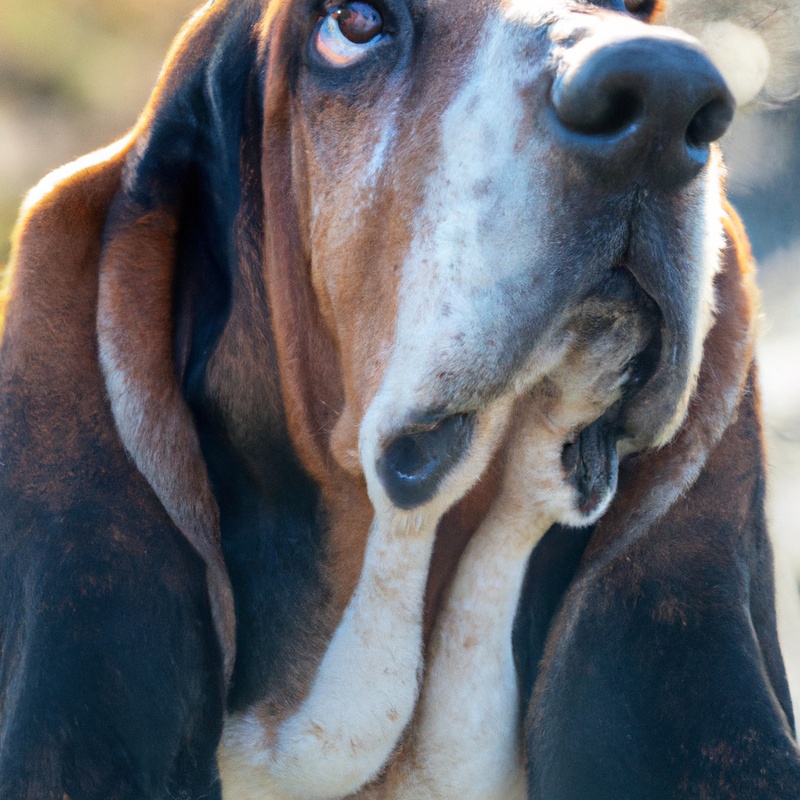
Supervision and Precautions
When it comes to supervising your Basset Hound around amphibians, it is crucial to be attentive and take necessary precautions. Here are some tips to keep in mind:
- Always supervise your Basset Hound when they are near unfamiliar amphibians.
- Ensure that your Basset Hound is on a leash or in a secure area to prevent any unwanted interactions.
- Familiarize yourself with the types of amphibians that are native to your area and educate yourself on any potential risks or dangers they may pose to your dog.
- If you notice your Basset Hound showing excessive interest or aggression towards an amphibian, calmly redirect their attention and remove them from the situation.
- Consult with a veterinarian or animal behaviorist for additional guidance and specific strategies to manage your Basset Hound’s behavior around amphibians.
Recognizing Signs of Aggression or Fear in Basset Hounds
Body Language of Basset Hounds
Basset Hounds have distinct body language that can tell us a lot about how they’re feeling.
When a Basset Hound is happy and relaxed, they may wag their tail, have loose and relaxed body posture, and their ears may be forward or hanging naturally.
On the other hand, if a Basset Hound is feeling anxious or stressed, they may exhibit signs like tucking their tail between their legs, panting excessively, or cowering.
It’s important to pay attention to these cues so we can understand and respond to our Basset Hound’s needs.
Actions to Avoid Provoking Negative Reactions
When interacting with your Basset Hound around unfamiliar amphibians, there are certain actions to avoid in order to prevent provoking negative reactions. Firstly, avoid making sudden movements or loud noises that may startle your dog.
Instead, approach the situation calmly and gently.
Secondly, do not force your Basset Hound to interact with the amphibian if they seem fearful or uncomfortable. Give them space and allow them to approach at their own pace.
Lastly, avoid pulling on the leash or restraining your dog too tightly, as this can create feelings of tension or anxiety.
Remember to always prioritize your dog’s comfort and well-being when introducing them to new and unfamiliar creatures.
Seeking Professional Help
Consulting with a Veterinarian or Animal Behaviorist
A beneficial step when dealing with a Basset Hound’s behavior towards unfamiliar amphibians is to consult with a veterinarian or animal behaviorist. These professionals have the expertise to assess your dog’s specific situation and provide tailored guidance.
They can offer insights into the underlying reasons for your Basset Hound’s behavior and recommend strategies to manage it effectively.
Seeking their help can contribute to a better understanding of your dog’s needs and lead to positive outcomes for both your pet and the amphibians.
Behavioral Training Programs
Behavioral training programs are a valuable tool for addressing and modifying a Basset Hound’s behavior towards unfamiliar amphibians. These programs typically involve a structured approach, using positive reinforcement techniques and rewards to encourage desired behaviors while discouraging unwanted behaviors.
Trainers will work with both the dog and the owner to establish clear boundaries and teach the dog appropriate responses when encountering amphibians.
With consistency, patience, and proper guidance, behavioral training programs can help Basset Hounds develop a positive and safe response around unfamiliar amphibians.
Final Verdict
Basset Hounds have a unique behavior when it comes to unfamiliar amphibians. Their scent-driven nature and curiosity play a significant role in how they react to these creatures.
It is essential for Basset Hound owners to understand key factors, such as natural instincts and previous experiences, that influence their behavior.
Managing their behavior around amphibians requires training, reinforcement, supervision, and precautions. Recognizing signs of aggression or fear is crucial to avoid negative reactions.
Seeking professional help from a veterinarian or animal behaviorist can provide additional guidance.
By following these tips, Basset Hound owners can ensure a harmonious and safe environment for both their pets and amphibians alike.

